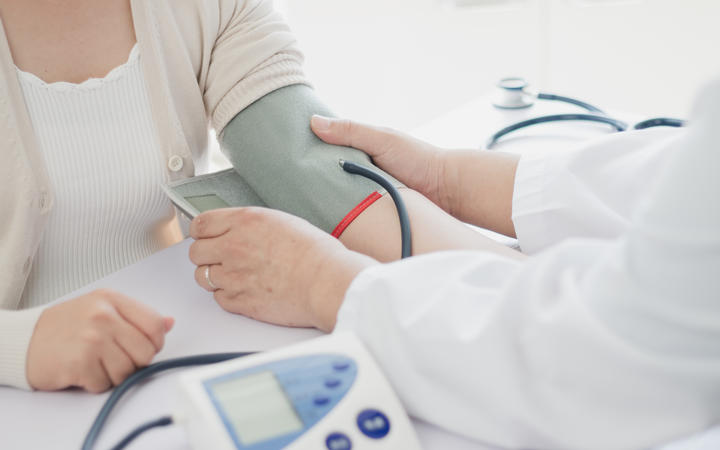Half the general practitioners in Whanganui plan to retire within five years, sparking a search for new doctors for the region.

Photo: 123RF
Whanganui Regional Health Network said it was dealing with a projected shortage of GPs in Whanganui.
In the latest portrait of the GP workforce by the Royal New Zealand College of General Practitioners, 50 percent of the local GPs who responded said they would retire within five years.
The survey showed only 4 percent of GPs are Māori – a statistic the College of GPs described as “unacceptable”.
Chairperson of the College’s Māori GP group, Dr Rachel Mackie, said the lack of Māori doctors arose from long-standing disadvantage and inequity issues.
The health system was rife with disadvantage for indigenous people, Mackie said.
Whanganui Regional Health Network chief executive Jude MacDonald said the network was working to improve the numbers by supporting Māori medical graduates.
“This requires us to rethink how we support trainee Māori doctors as they’re coming through their training and understanding where their preference is, particularly for general practice, offer them experience at various levels of their training and to nurture them in their community of choice.
“There’s quite a lot of work going on with that. We realise we actually have to do better,” MacDonald said.
The College of GPS said New Zealand was a long way off population parity for indigenous people, but policies encouraging more Māori students into medical school programmes, like those at the University of Otago, had helped increase the numbers of Māori graduate doctors.

Local Democracy Reporting is a public interest news service supported by RNZ, the News Publishers’ Association and NZ On Air.